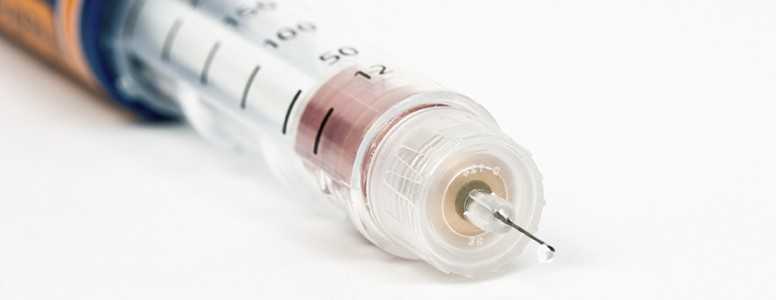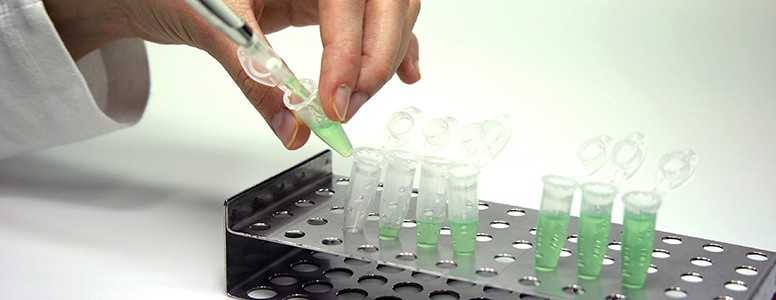Gut bacteria may play a role in the prevention of type 1 diabetes, according to new research.
The study, conducted by researchers at the National Institute of Health and Medical Research (INSERM) in France, found that cathelicidins, a group of antimicrobial peptides, were not produced in the pancreatic beta cells of mice with diabetes. Mice without diabetes, however, do produce cathelicidins.
“Injecting cathelicidins inhibits the development of pancreatic inflammation and, as such, suppressed the development of autoimmune disease in these mice,” said Julien Diana, a researcher at INSERM.
Cathelicidins are produced thanks to short-chain fatty acids in the gut bacteria. To further test their findings, the researchers moved gut bacteria of non-diabetic mice into the diabetic mice. The fatty acids began to produce cathelicidin in the diabetic mice.
Previous research has suggested that the mechanisms work similarly in humans. In theory, then, the findings could provide new and effective treatments for type 1 diabetes. However, the research needs to be tested further; it is currently at a preliminary stage.
“This research is further evidence of the undeniable role microbiota plays in autoimmune diseases, particularly in controlling the development of autoimmune diabetes,” said the authors.
The findings were published in Cell: Immunity.
What's new on the forum? ⭐️
Get our free newsletters
Stay up to date with the latest news, research and breakthroughs.





